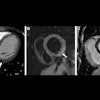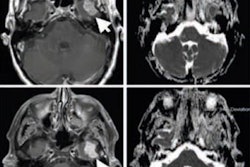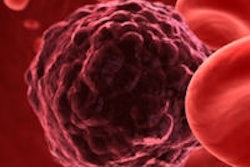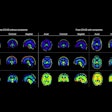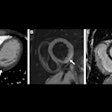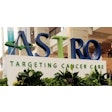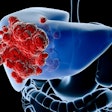A promising new approach to cancer treatment is immunotherapy, including targeted molecular agents, according to the American Association for Cancer Research's (AACR) Cancer Progress Report, released on September 20.
In fact, between August 2015 and July 2016, the U.S. Food and Drug Administration (FDA) approved 13 new anticancer therapeutics and new uses for 11 that were previously approved; four of the 13 are molecular agents, the AACR said.
Although immunotherapy shows promise, and significant advances have been made against cancer, the disease continues to take a vast personal and economic toll, the AACR said. The number of new cancer cases in the U.S. is predicted to increase from 1.7 million in 2015 to 2.4 million in 2035. In 2010, direct medical costs of cancer care in the U.S. were nearly $125 billion, and they are expected rise to $156 billion by 2020.
In the report, the AACR urges the U.S. Congress to do the following:
- Support legislation in the Senate that proposes to provide an increase of $2 billion for the U.S. National Institutes of Health (NIH) in 2017.
- Finalize a Senate version of the House-passed 21st Century Cures Act to support the National Cancer Moonshot Initiative.
- Support an FDA budget in 2017 of $2.85 billion to ensure the timely approval of safe and effective therapeutics.
- Readjust the discretionary budget caps for 2018 and beyond to allow for sustained funding increases for the NIH, the U.S. National Cancer Institute, and the FDA in future years.
"The promise of immunotherapy for cancer therapy has never been greater," said AACR President Dr. Nancy Davidson in a statement. "However, continued progress is going to require a sustained federal commitment to the research agenda."


